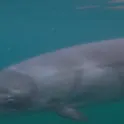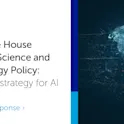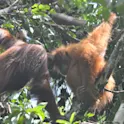
Featured news
04 Aug 2023
Consuming added sugars may increase risk of kidney stones
By Mischa Dijkstra, Frontiers science writer In an observational study, researchers showed that consuming more added sugars is consistently associated with greater odds of developing kidney stones in the US, especially for ethnicities such as Native Americans or Asians, or for people with a relatively higher income. The mechanisms of this relationship, and whether it is directly causal, aren’t yet known. Between 7% and 15% of people in North America, between 5% and 9% of people in Europe, and between 1% and 5% of people in Asia suffer from kidney stones. Common symptoms are severe pain, nausea, vomiting, fever, chills, and bloody urine. But kidney stones don’t just reduce the quality of life: in the long run, they may lead to infections, swollen kidneys (hydronephrosis), renal insufficiency, and end-stage renal disease. Known risk factors for developing kidney stones include being an adult male, obesity, chronic diarrhea, dehydration, and having inflammatory bowel disease, diabetes, or gout. Now, a study in Frontiers in Nutrition has shown for the first time that an elevated consumption of added sugars should probably be added to the list of risk factors for kidney stones. Added sugars occur in many processed foods, but are especially abundant in […]













